The Vehicle Remarketing Association (VRA) has called for Government to introduce new incentives to support motorists looking to adopt zero-emission transport through the purchase of a used electric vehicle (EV).
Despite a widely reported decline in used EV values in recent months, the VRA wants Chancellor of the Exchequer Jeremy Hunt to take action to address what it perceives as an “imbalance” between new and used EV support.
 VRA chair Philip Nothard said: “The government should be applauded for doing much in recent years to encourage uptake of new EVs, especially through low personal company car taxation. This has been notably successful and electric power now makes up a significant proportion of new car sales.
VRA chair Philip Nothard said: “The government should be applauded for doing much in recent years to encourage uptake of new EVs, especially through low personal company car taxation. This has been notably successful and electric power now makes up a significant proportion of new car sales.
“However, the used car sector has so far been left to look after itself when it comes to EVs and, as shown with dramatic price falls in recent weeks and months, demand is extremely variable even for the relatively low numbers of electric cars now making their way onto the used market.”
A combination of growing new EV supplies, new car incentives and rising energy prices have all placed pressure on EV residual values in recent months.
Used car valuations specialist Cap HPI said in its January market overview that many car retailers had imposed EV stocking bans to avoid taking a financial hit as values declined by an average of 6.6% last month.
Nothard believes action should be taken to bolster consumer confidence and affordability.
In Scotland car buyers can access an interest free used car loan, while the Netherlands offers a a €2,000 subsidy, France a €1,000 payment and Germany a grant of up to €6,000.
“There’s a fundamental point here,” he said. “New EVs are largely attractive to company car drivers because of low tax and to businesses because of their low environmental impact. These factors do not apply to private, used buyers.
“A lot of research exists that shows used buyers have a potential disposition towards buying an EV in the future, but evidence so far suggests that they will only do so if the car is the right price and makes sense on a practical level.
“What we believe is needed are incentives that mean when a consumer is faced with the choice of a used diesel or petrol car, or an electric alternative, the latter is sufficiently attractive that the used buyer sees it as viable purchase.”
Auto Trader brand director Marc Palmer told the AM News Show Podcast that “affluence is central to car buyers’ EV interest”.
In an episode also featuring insight from Cap HPI head of forecast strategy Dylan Setterfield, Palmer highlighted that EV purchasing trends were very much focussed on geographic areas of affluence in a conversation which explored the issue of affordability for used car buyers.
“The correlation between charge points and EV interest doesn’t exist, not even the ultra-low emissions zone or clean air zones”, said Palmer, highlighting cost as being a potentially bigger barrier than concerns about charge point infrastructure.
“Affluence is (the key). It’s not a North/South divide or urban/rural, where people have got a place to charge the car and the means to afford it, that’s where we see the most interest.”
Watch the AM New Show podcast's 'EV Talk' episode here:

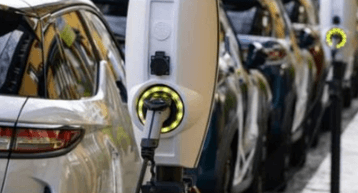

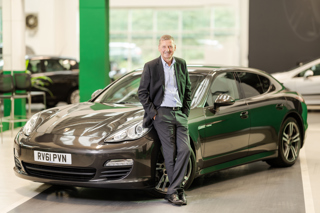
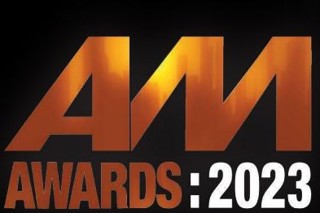

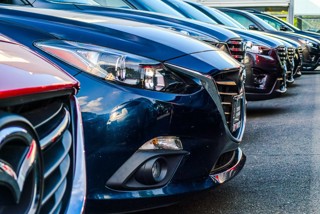
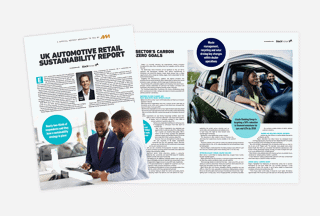













Login to comment
Comments
No comments have been made yet.